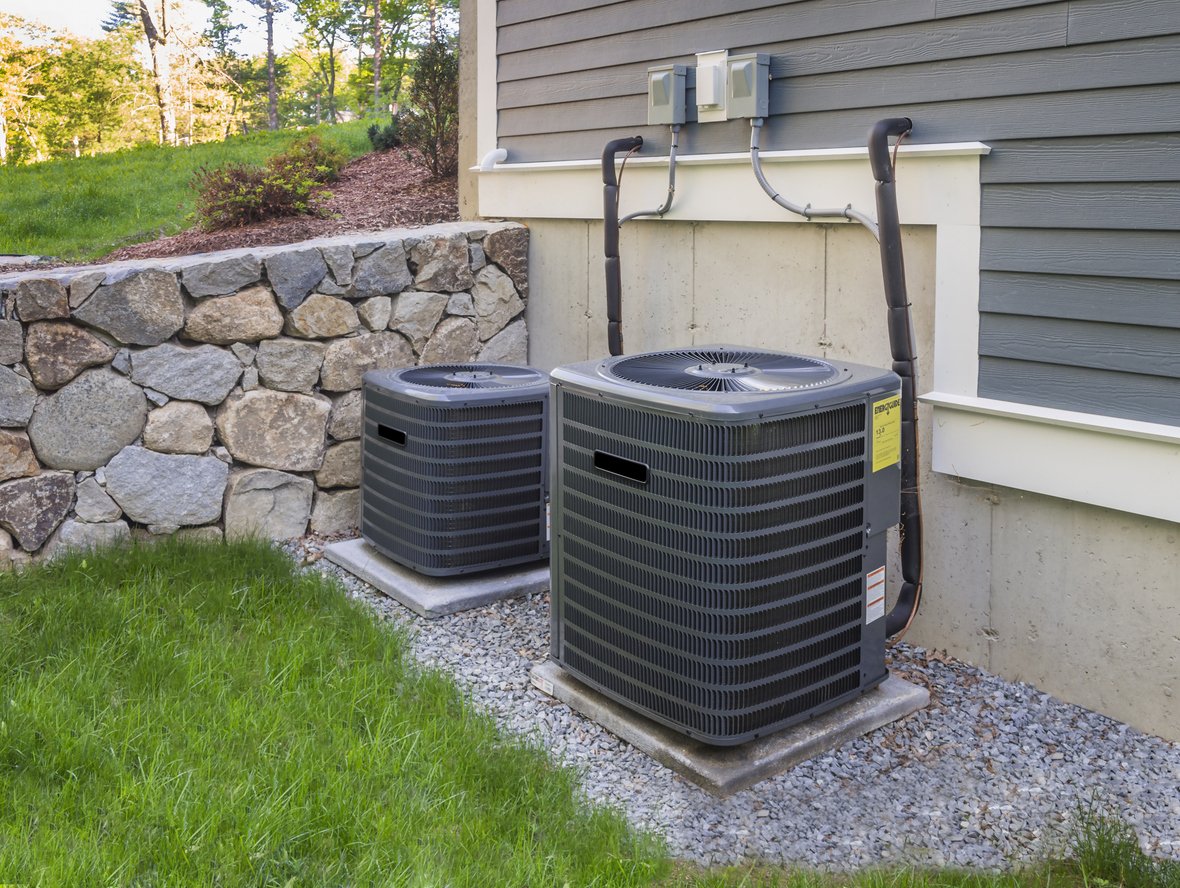The Role of HVAC in Indoor Air Quality and Health
When it comes to creating a comfortable and healthy indoor environment, the role of your HVAC system cannot be overstated. HVAC systems—heating, ventilation, and air conditioning—are responsible for maintaining temperature, humidity, and airflow within your home or office. However, their impact goes far beyond just comfort; they also play a crucial role in managing indoor air quality (IAQ) and promoting overall health. In this blog, we’ll explore how your HVAC system affects the air you breathe, the potential health implications, and practical tips to improve your indoor air quality.
How HVAC Systems Affect Indoor Air Quality
Your HVAC system works tirelessly to control temperature and humidity levels. But in doing so, it also circulates air throughout the building, which can have a significant impact on the quality of the air you breathe.
Air Filtration
Many HVAC systems are equipped with filters that help trap dust, pollen, pet dander, and other airborne particles. While these filters help to some extent, not all filters are created equal. Standard filters may only catch larger particles, but high-efficiency filters—such as HEPA (High-Efficiency Particulate Air) filters—are designed to capture smaller particles that can contribute to poor air quality and health problems.Humidity Control
Humidity plays a major role in air quality. When humidity levels are too high, it can create a breeding ground for mold, mildew, and dust mites, all of which can aggravate allergies and asthma. On the other hand, low humidity can cause dry skin, irritated eyes, and even respiratory issues. HVAC systems with humidity control features can help maintain an optimal indoor humidity level, improving air quality and comfort.Airflow and Ventilation
Proper ventilation is essential for maintaining indoor air quality. HVAC systems that include ventilation controls can help ensure that fresh outdoor air is brought in while stale air is removed.Temperature Regulation
Extreme temperatures can lead to discomfort, but they also affect air quality. In poorly ventilated spaces, warm, humid air can cause pollutants to linger. HVAC systems help maintain a consistent temperature, ensuring that air does not become stagnant and that pollutants don’t accumulate as quickly.
Health Implications of Poor Indoor Air Quality
The air you breathe in your home or office can significantly impact your health. Poor indoor air quality has been linked to a variety of health problems, ranging from mild irritations to more serious conditions.
Respiratory Issues
Dust, pollen, mold spores, and other allergens are common indoor air pollutants that can trigger respiratory problems. For individuals with asthma, allergies, or other pre-existing lung conditions, these pollutants can exacerbate symptoms and lead to chronic breathing difficulties.Skin and Eye Irritation
Low humidity, pollutants, and poor air circulation can cause dryness and irritation in the skin and eyes. Dry, itchy skin is a common problem in areas with low humidity, while airborne pollutants can lead to itchy, red eyes or aggravated conditions like conjunctivitis.
How to Improve Indoor Air Quality with Your HVAC System
Fortunately, improving indoor air quality through your HVAC system is both possible and practical. Here are a few steps you can take to ensure your HVAC system is working to promote better health:
Change Filters Regularly
One of the easiest ways to improve air quality is to change your HVAC system’s filters regularly. Depending on your filter type, it’s a good idea to replace it every 1-3 months. Consider upgrading to a higher-efficiency filter, like a HEPA filter, to capture smaller particles and allergens more effectively.Invest in Air Purifiers
While HVAC systems filter air, adding a dedicated air purifier can further improve indoor air quality. HEPA air purifiers or UV air purifiers are designed to capture or kill bacteria, viruses, and allergens that your HVAC system might miss.Maintain Your HVAC System
Routine maintenance is key to ensuring that your HVAC system is functioning properly. This includes cleaning ducts, checking airflow, and inspecting all components to ensure they are working efficiently. A poorly maintained system can circulate dust, mold, and other pollutants.Control Humidity
Installing a humidifier or dehumidifier within your HVAC system can help maintain optimal humidity levels. Aim for a relative humidity between 30-50% to reduce the risk of mold growth and prevent the air from becoming too dry.
Conclusion
Your HVAC system is more than just a tool for temperature control—it plays a vital role in maintaining good indoor air quality, which directly impacts your health. By ensuring proper filtration, humidity control, and ventilation, you can create a healthier, more comfortable indoor environment. Regular maintenance and smart upgrades to your HVAC system can help you breathe easier and reduce the risk of long-term health issues.
If you're concerned about your home's indoor air quality, contact a professional HVAC technician to assess your system and recommend improvements. After all, clean air is an essential part of living well!

